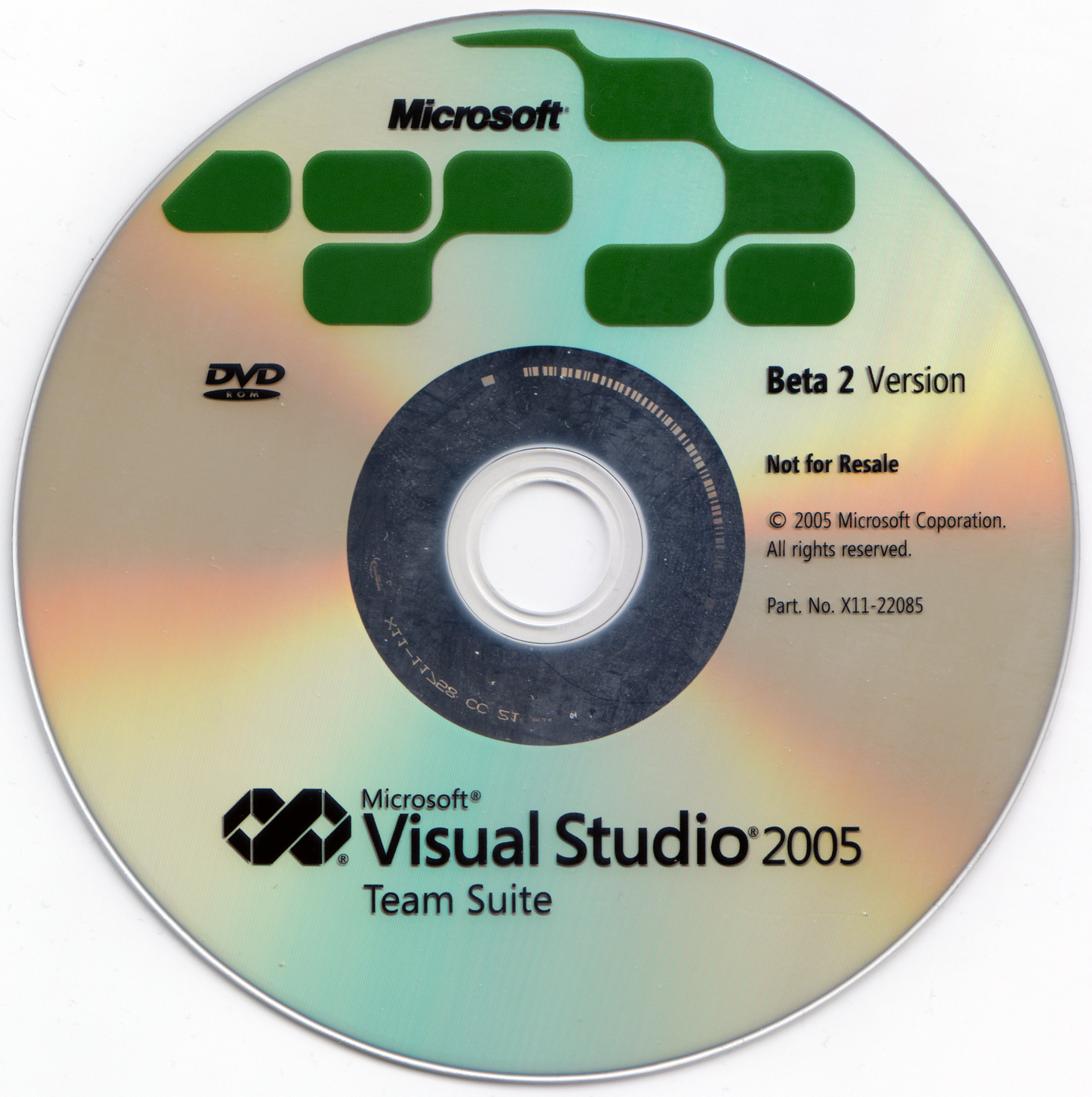|
Brief (text Editor)
Brief (stylized BRIEF or B.R.I.E.F., a backronym for Basic Reconfigurable Interactive Editing Facility), is a once-popular programmer's text editor in the 1980s and early 1990s. It was originally released for MS-DOS, then IBM OS/2 and Microsoft Windows. The ''Brief'' interface and functionality live on, including via the ''SourceForge'' GRIEF editor. History Brief was designed and developed by UnderWare Inc, a company founded in Providence, Rhode Island by David Nanian and Michael Strickman, and was published by Solution Systems. UnderWare moved to Boston, Massachusetts in 1985. Solution Systems released version 2.1 in 1988. In 1990, UnderWare sold Brief to Solution Systems, which released version 3.1. Solution Systems advertised the $195 Brief as a "Program Editing Breakthrough! / Get 20% More Done". In 1990 Solutions Systems brought in Eric Perkins as technical architect and team lead to port the OS/2 version of Brief to the Windows platform as quickly as possible. The end ... [...More Info...] [...Related Items...] OR: [Wikipedia] [Google] [Baidu] |
Borland International
Borland Software Corporation was a computer technology company founded in 1983 by Niels Jensen, Ole Henriksen, Mogens Glad and Philippe Kahn. Its main business was the development and sale of software development and software deployment products. Borland was first headquartered in Scotts Valley, California, then in Cupertino, California and then in Austin, Texas. In 2009 the company became a full subsidiary of the British firm Micro Focus International plc. History The 1980s: Foundations Borland Ltd. was founded in August 1981 by three Danish citizens, Niels Jensen, Ole Henriksen, and Mogens Glad, to develop products like Word Index for the CP/M operating system using an off-the-shelf company. However, the response to the company's products at the CP/M-82 show in San Francisco showed that a U.S. company would be needed to reach the American market. They met Philippe Kahn, who had just moved to Silicon Valley, and who had been a key developer of the Micral. The three Danes had ... [...More Info...] [...Related Items...] OR: [Wikipedia] [Google] [Baidu] |
Compiler
In computing, a compiler is a computer program that translates computer code written in one programming language (the ''source'' language) into another language (the ''target'' language). The name "compiler" is primarily used for programs that translate source code from a high-level programming language to a low-level programming language (e.g. assembly language, object code, or machine code) to create an executable program. Compilers: Principles, Techniques, and Tools by Alfred V. Aho, Ravi Sethi, Jeffrey D. Ullman - Second Edition, 2007 There are many different types of compilers which produce output in different useful forms. A ''cross-compiler'' produces code for a different CPU or operating system than the one on which the cross-compiler itself runs. A ''bootstrap compiler'' is often a temporary compiler, used for compiling a more permanent or better optimised compiler for a language. Related software include, a program that translates from a low-level language to a h ... [...More Info...] [...Related Items...] OR: [Wikipedia] [Google] [Baidu] |
Microsoft Visual Studio
Visual Studio is an integrated development environment (IDE) from Microsoft. It is used to develop computer programs including websites, web apps, web services and mobile apps. Visual Studio uses Microsoft software development platforms such as Windows API, Windows Forms, Windows Presentation Foundation, Windows Store and Microsoft Silverlight. It can produce both native code and managed code. Visual Studio includes a code editor supporting IntelliSense (the code completion component) as well as code refactoring. The integrated debugger works both as a source-level debugger and a machine-level debugger. Other built-in tools include a code profiler, designer for building GUI applications, web designer, class designer, and database schema designer. It accepts plug-ins that expand the functionality at almost every level—including adding support for source control systems (like Subversion and Git) and adding new toolsets like editors and visual designers for domain-specific la ... [...More Info...] [...Related Items...] OR: [Wikipedia] [Google] [Baidu] |
Epsilon (text Editor)
Epsilon is a programmer's text editor modelled after Emacs. It resembles Emacs not only in its default keybindings and layout, but also in the fact that it has a Turing completeness, Turing-complete extension language in which much of its functionality is implemented. Unlike Emacs, Epsilon's extension language, EEL (Epsilon Extension Language) is a dialect of C (programming language), C rather than a dialect of Lisp programming language, Lisp. Epsilon runs on DOS, Microsoft Windows, Linux, FreeBSD, Mac OS X and OS/2. Epsilon is a commercial product sold by Lugaru Software. It was first released in 1984, long before Emacs was available on personal computers, and it provided an attractive alternative to the usual DOS editors for those accustomed to Emacs. It was also the first DOS based editor to allow editing of files that were larger than available RAM, and one of the first to allow running programs (such as compilers) in the background while allowing editing to proceed concurrently ... [...More Info...] [...Related Items...] OR: [Wikipedia] [Google] [Baidu] |
JED (text Editor)
JED is a text editor that makes extensive use of the S-Lang library. It is highly cross-platform compatible; JED runs on Windows and all flavors on Linux and Unix. Older versions are available for DOS. It is also very lightweight (meaning very parsimonious in its use of system resources), which makes it an ideal editor for older systems, embedded systems, etc. JED's Emacs mode is one of the most faithful emulations available. Features From the JED homepage: *Color syntax highlighting on color terminals *Code folding support *Drop-down menus on all terminals and platforms *Emulates editors Emacs, EDT, WordStar, Borland, Brief *Extensible in the C-like language S-Lang, making the editor highly customizable *Can read Texinfo (GNU info) files from within JED's info browser *A variety of programming modes (with syntax highlighting) are available including C, C++, Fortran, TeX, HTML, sh, Perl, Python, IDL, DCL, nroff, more *Edits TeX files with AUC-TeX style editing, BibTeX suppor ... [...More Info...] [...Related Items...] OR: [Wikipedia] [Google] [Baidu] |
JBuilder
JBuilder is a discontinued integrated development environment (IDE) for the programming language Java from Embarcadero Technologies. Originally developed by Borland, JBuilder was spun off with CodeGear which was eventually purchased by Embarcadero Technologies in 2008. Oracle had based the first versions of JDeveloper on code from JBuilder licensed from Borland, but it has since been rewritten from scratch. Versions JBuilder 1 through 3 are based on the Delphi IDE. JBuilder 3.5 through 2006 are based on PrimeTime, an all-Java IDE framework. JBuilder 2007 "Peloton" is the first JBuilder release based on the eclipse IDE framework. See also *Comparison of integrated development environments The following tables list notable software packages that are nominal IDEs; standalone tools such as source code editors and GUI builders are not included. These IDEs are listed in alphabetical order of the supported language. ActionScript ... References External linksHistory of s ... [...More Info...] [...Related Items...] OR: [Wikipedia] [Google] [Baidu] |
Embarcadero Delphi
Delphi is a general-purpose programming language and a software product that uses the Delphi dialect of the Object Pascal programming language and provides an integrated development environment (IDE) for rapid application development of desktop, mobile application, mobile, web application, web, and console application, console software, currently developed and maintained by Embarcadero Technologies. Delphi's compilers generate native code for Microsoft Windows, macOS, iOS, Android (operating system), Android and Linux (X86-64, x64). Delphi includes a code editor, a visual designer, an integrated debugger, a Version control, source code control component, and support for third-party Plugin (computing), plugins. The code editor features Code Insight (code completion), Error Insight (real-time error-checking), and Code refactoring, refactoring. The visual forms designer has the option of using either the Visual Component Library (VCL) for pure Windows development or the FireMonkey ( ... [...More Info...] [...Related Items...] OR: [Wikipedia] [Google] [Baidu] |
CodeWright
__NOTOC__ CodeWright is a Windows Programmers Editing System for software developers originally marketed by Premia Corp. (Beaverton, Oregon) and developed by Premia co-founders Eric Johnson and Don Kinzer, initially released in 1991. Premia was acquired in April 2000 by Starbase Corp. which was itself acquired in January 2003 by Borland. CodeWright can be configured to work with other integrated development environment (IDE) systems, and synchronize with IDEs on the fly. Support for version control systems, compilers, error files is available. The editor can be extended via DLLs. Overview CodeWright was a crossover product at a critical time in the history of Windows. A popular editor for programmers at the time was Brief, a DOS-only product that was valuable due to its early-day EMACS-like features, especially split-screen and extensive macro capability. Much as being Brief-like was an advantage in the DOS and early Windows era, by 2000 having "CodeWright editing features" was ... [...More Info...] [...Related Items...] OR: [Wikipedia] [Google] [Baidu] |
Borland C++
Borland C++ is a C and C++ IDE (integrated development environment) for MS-DOS and Microsoft Windows. It was the successor to Turbo C++ and included a better debugger, the Turbo Debugger, which was written in protected mode DOS. Libraries Object Windows Library (OWL): A set of C++ classes to make it easier to develop professional graphical Windows applications. Turbo Vision: A set of C++ classes to create professional applications in DOS. Those classes mimics some of the aspects of a Windows application like: dialog boxes, messages pumps, menus, accelerators, etc. Borland Graphics Interface: A library of functions for doing simple, presentation-style 2D graphics. Drivers were included for generic CGA, EGA and VGA capability, with support for a limited number of video-modes, but more advanced, third-party drivers were also available. Add-ons Borland Power Pack for DOS: Used to create 16- and 32-bit protected mode DOS applications, which can access a limited scope of ... [...More Info...] [...Related Items...] OR: [Wikipedia] [Google] [Baidu] |
DBase
dBase (also stylized dBASE) was one of the first database management systems for microcomputers and the most successful in its day. The dBase system includes the core database engine, a query system, a forms engine, and a programming language that ties all of these components together. dBase's underlying file format, the file, is widely used in applications needing a simple format to store structured data. Originally released as Vulcan for PTDOS in 1978, the CP/M port caught the attention of Ashton-Tate in 1980. They licensed it and re-released it as dBASE II, and later ported it to IBM PC computers running DOS. On the PC platform, in particular, dBase became one of the best-selling software titles for a number of years. A major upgrade was released as dBase III, and ported to a wider variety of platforms, adding UNIX, and VMS. By the mid-1980s, Ashton-Tate was one of the "big three" software publishers in the early business software market, the others being Lotus Developmen ... [...More Info...] [...Related Items...] OR: [Wikipedia] [Google] [Baidu] |
Emacs
Emacs , originally named EMACS (an acronym for "Editor MACroS"), is a family of text editors that are characterized by their extensibility. The manual for the most widely used variant, GNU Emacs, describes it as "the extensible, customizable, self-documenting, real-time display editor". Development of the first Emacs began in the mid-1970s, and work on its direct descendant, GNU Emacs, continues actively; the latest version is 28.2, released in September 2022. Emacs has over 10,000 built-in commands and its user interface allows the user to combine these commands into macros to automate work. Implementations of Emacs typically feature a dialect of the Lisp programming language, allowing users and developers to write new commands and applications for the editor. Extensions have been written to, among other things, manage files, remote access, e-mail, outlines, multimedia, git integration, and RSS feeds, as well as implementations of ''ELIZA'', ''Pong'', '' Conway's Life'', ... [...More Info...] [...Related Items...] OR: [Wikipedia] [Google] [Baidu] |


